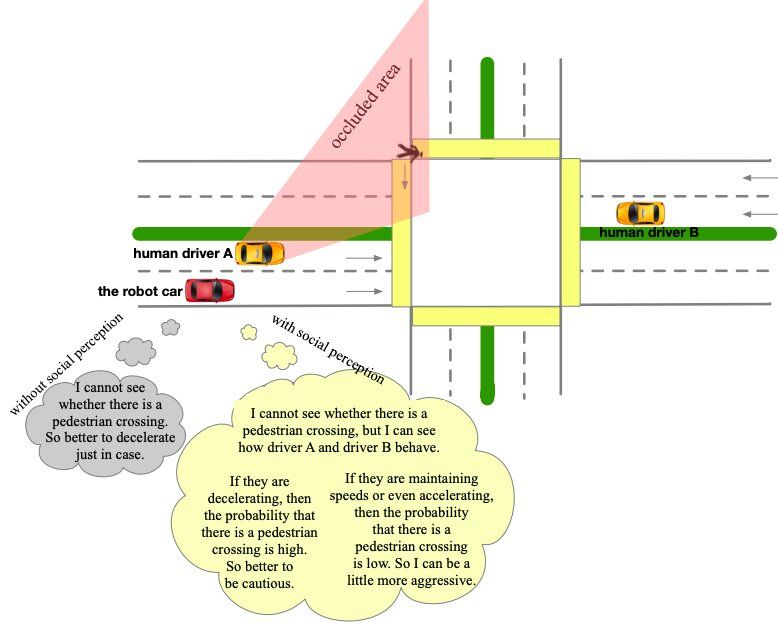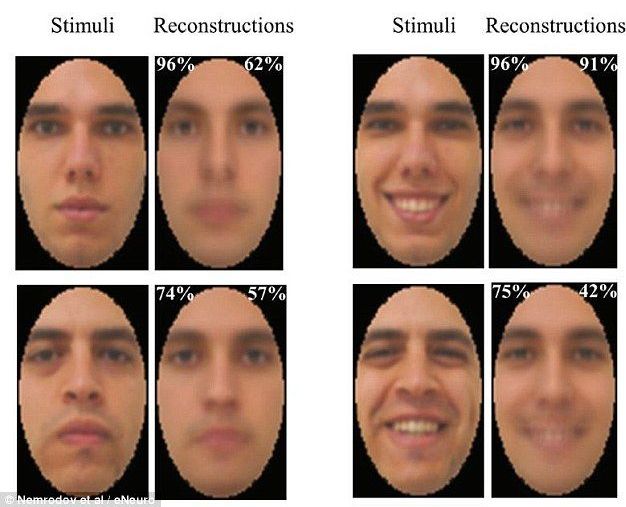Would you live here?



Deadly Germs, Lost Cures
In its decision to approve two drugs for orange and grapefruit trees, the E.P.A. largely ignored objections from the C.D.C. and the F.D.A., which fear that expanding their use in cash crops could fuel antibiotic resistance in humans.
An orange picker collecting oranges on a grove in Zolfo Springs, Fla. Credit Credit.

To navigate dynamic environments, autonomous vehicles (AVs) should be able to process all information available to them and use it to generate effective driving strategies. Researchers at the University of California, Berkeley, have recently proposed a social perception scheme for planning the behavior of autonomous cars, which could help to develop AVs that are better equipped to deal with uncertainty in their surrounding environment.
“My research has focused on how to design human-like driving behaviors for autonomous cars,” Liting Sun, one of the researchers who carried out the study, told TechXplore. “Our goal is to build AVs that do not only understand human behavior, but also perform in a similar way in multiple aspects, including perception, reasoning and action.”
Sun and her colleagues observed that human drivers tend to treat other vehicles as dynamic obstacles, often inferring additional information from their behavior on the road. This information is generally occluded environment information or physically undetectable social information.


Researchers may have demonstrated a novel way to protect us from some of the world’s deadliest viruses. By genetically engineering immune cells to make more effective antibodies, they have defended mice from a potentially lethal lung virus. The same strategy could work in humans against diseases for which there are no vaccines.
“It’s a huge breakthrough,” says immunologist James Voss of the Scripps Research Institute in San Diego, California, who wasn’t connected to the study.
Vaccines typically contain a disabled microbial invader or shards of its molecules. They stimulate immune cells known as B cells to crank out antibodies that target the pathogen. Not everyone who receives a vaccine gains protection, however. Some patients’ antibodies aren’t up to snuff, for instance. And researchers haven’t been able to develop vaccines against some microbes, such as HIV and the respiratory syncytial virus (RSV), which causes lung infections mainly in children and people with impaired immune systems.
Lilium first emerged in 2016 as an aviation startup with some very lofty ambitions, revealing plans to develop a five-seat electric aircraft that can take off vertically, switch to horizontal flight in mid-air and cover some sizable distances on each charge. The company has now taken a significant step toward achieving this goal, completing a flight of a full-scale prototype of its Lilium Jet for the very first time.



Click here to view original web page at www.dailymail.co.uk
Psychologists have create a creepy machine that can peer into your mind’s eye with incredible accuracy.